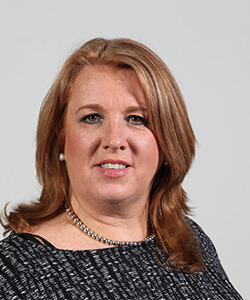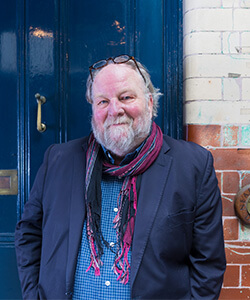Two pros offer insights on how to measure event value.
Author: Kim Benjamin, Untangled
Organisers are frequently told they must have a clear vision of what they want to achieve from an event and how they are going to provide the value “goals” desired from the parties involved.
From the outset of planning, therefore, experts say it is essential to determine exactly whose value is most important: that of the organiser, the delegate, or stakeholder. There may be common ground, they say, but it is essential to explore the value benefits with the target audience and never second-guess the value proposition.

Caroline Mackenzie
“As an organiser, ensure there is pre-engagement with your members, delegates, or stakeholders early on and ask all parties to define, suggest, and agree [on] what they desire as an outcome from the event. For example, this could be networking, knowledge transfer, or practical skills training,” said Caroline Mackenzie, operations director at audience engagement specialist Open Audience and former director of association services at agency Zibrant.
Planners should, experts say, also design and measure the “value proposition” before and after the event to benchmark against the agreed values. Value can’t be captured and measured if it’s unclear what is being measured.
“Pre- and post-evaluation also puts you in the driver’s seat as it enables you, as the organiser, to open an event by saying ‘You told us in advance this was important! This is why we are delivering what we’re delivering. … And at the end you tell us if we were successful,” Mackenzie added.
In terms of how to measure beyond economic benefits, knowledge and skill training are probably the simplest areas to gauge, Mackenzie said.
“Engage pre-event through a survey, learning the measurements and goals of your target audience and stakeholders,” she added. “During the event, use case studies and polling to evaluate planned changes of behaviour and knowledge gain, and finally post-event, a survey can ascertain how actual learning has been implemented and what has changed in ‘behaviour.’”

Kim Myhre
Offering another point of view, Kim Myhre, managing director at MCI Experience, said he believes that the value of an event can be seen in the context of “doing good” — having a positive impact on communities and the environment, for example. Today’s event content is focusing on attendee well-being and how the experience can help to make a difference in the world.
“There is also a growing number of highly influential, social good agenda-setting conferences and events like The World Economic Forum, Wired, and even TED Talks,” he said. “These sessions work so well because they also serve a purpose to inspire audiences to make a positive impact on their own lives as well as the world around them.”
Myhre says the trend for events to become more purposeful is going mainstream, which he sees as progress. However, he adds that there is still some heavy lifting to be done to deliver on the promise of purposeful experiences.
“We often use words such as ‘insightful,’ ‘innovative,’ and ‘purposeful’ to describe the brand experiences we create, without seriously moving the needle on social, environmental, or well-being initiatives,” he said. “Making meetings purposeful sees us embark on a journey of the reinvention of our traditional approaches to event planning.”

